July 16, 2025
For ProPublica, William Turton, Christopher Bing, and Avi Asher-Schapiro report on a blueprint for a system that provides home addresses to the Department of Homeland Security.
Taxpayer data is among the most confidential in the federal government and is protected by strict privacy laws, which have historically limited its transfer to law enforcement and other government agencies. Unauthorized disclosure of taxpayer return information is a felony that can carry a penalty of up to five years in prison.
The system that the IRS is now creating would give ICE automated access to home addresses en masse, limiting the ability of IRS officials to consider the legality of transfers. IRS insiders who reviewed a copy of the blueprint said it could result in immigration agents raiding wrong or outdated addresses.
This of course is just the beginning.
I think that most people assume that the single-entity government already has access to all of our data, like how certain social media companies know a little too much about us.
But there are barriers in between the multiple entities of government to protect individual privacy and freedoms. This is on purpose. This IRS system takes away a barrier and sets precedent for future systems of a single-entity government to surveil citizens.

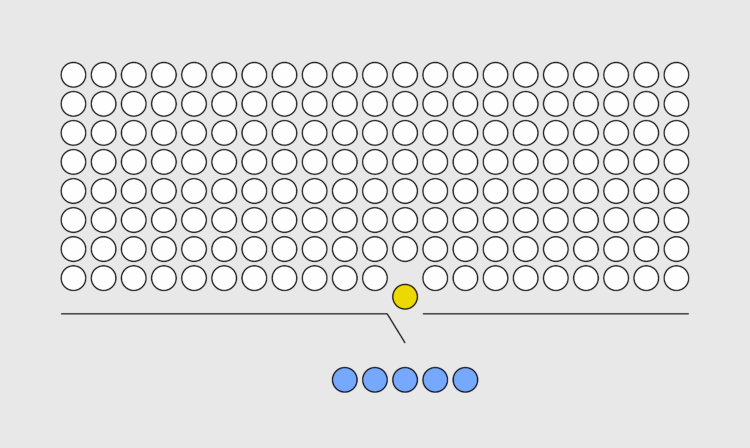
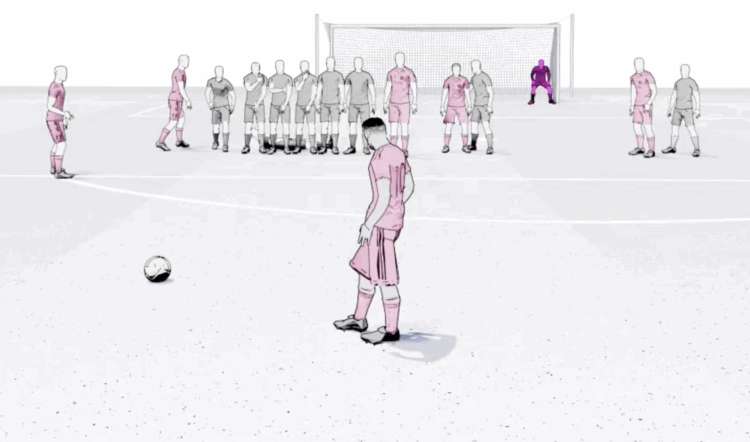
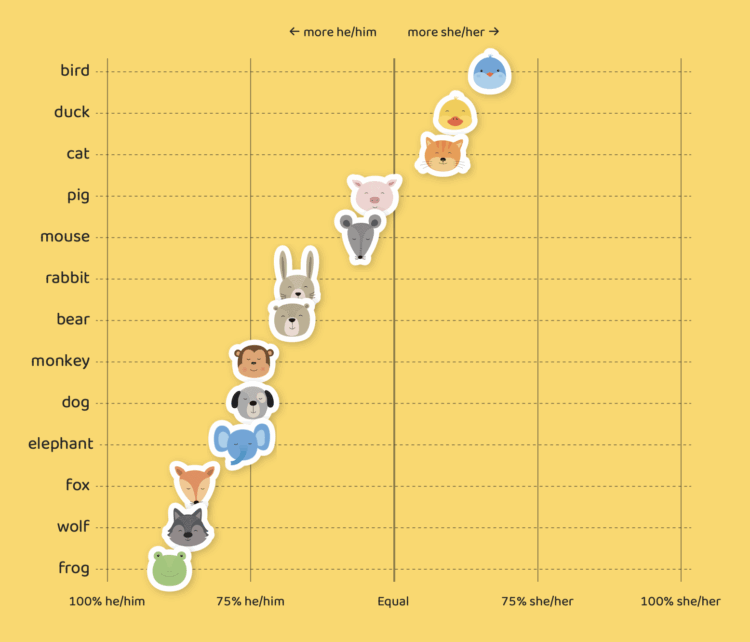
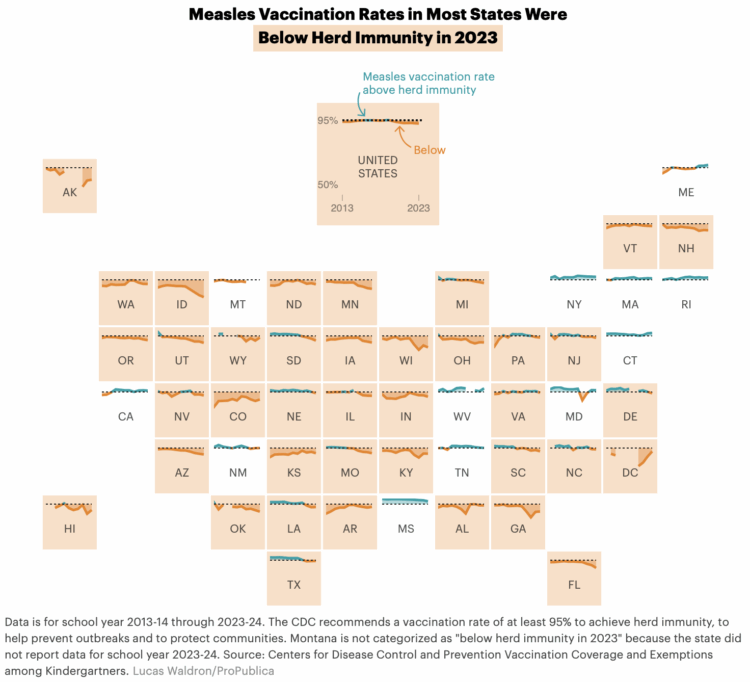

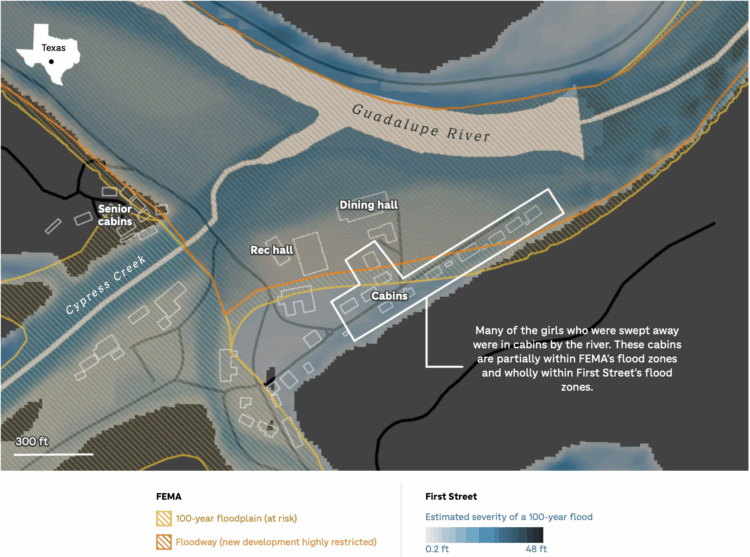
 Visualize This: The FlowingData Guide to Design, Visualization, and Statistics (2nd Edition)
Visualize This: The FlowingData Guide to Design, Visualization, and Statistics (2nd Edition)
